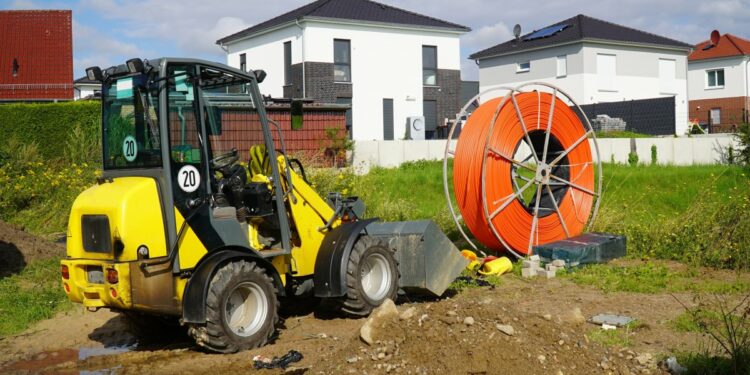Mit Ihrer Zustimmmung wird hier eine externe Umfrage (Opinary GmbH) geladen.
Umfragen immer laden
Umfrage jetzt laden
The main problem identified in the first shutdown measures implemented in Europe to date is the difficulty of avoiding forced migration, according to Gerek. In addition, there are challenges that arise during the changeover itself. So far, “a few percent of end users have been forced to switch off” in all pioneering countries, which has led to protests and postponements. A longer notice period and efficient communication, on the other hand, appear to have had a positive effect, according to the report. During the technical migration, problems such as interruptions to communication services only occurred in a few countries.
The most important measures taken by national regulators in the run-up to a copper switch-off were to inform affected households and to ensure the availability of appropriate alternative wholesale access products and associated access services for consumers at a “comparable” price. Gerek continues to believe that adequate protection of end users is generally necessary in relevant projects. The EU Council of Ministers has just indicated that the copper switch-off could at best take place gradually in order to support the gigabit expansion.
Anga: Germany at risk of slipping behind in terms of fast networks
In Germany, associations are demanding a plan from telecoms competitors for a “future-proof” and smooth transition. “Maximum transparency in Telekom’s plans to switch off the copper network” is required. The Magenta Group itself recently warned that a “forced change of provider” was imminent if copper was switched off. The Federal Network Agency has promised to work with the Digital Ministry to develop a concept for the migration.
Read alsoMehr anzeigenWeniger anzeigen
Philipp Müller, Managing Director of the broadband association Anga, fears in view of the Gerek overview that Germany is in danger of “slipping more and more into the midfield when it comes to fast Internet”. The reason: the switchover of Telekom’s old copper networks is stalling. Germany is lagging behind Romania, Bulgaria and Serbia in terms of preparations. France, Spain and the Scandinavian countries “are far ahead of us”. The clock is ticking “for the biggest telecommunications infrastructure project of this decade”, Müller warns. The Federal Network Agency must present its announced key issues paper as quickly as possible. There must be no further delays as a result of the traffic light being switched off.
(fds)
Don’t miss any news – follow us on
Facebook,
LinkedIn or
Mastodon.
This article was originally published in
German.
It was translated with technical assistance and editorially reviewed before publication.
Source link : http://www.bing.com/news/apiclick.aspx?ref=FexRss&aid=&tid=675bf0a826824fada4ce6cf534ff4914&url=https%3A%2F%2Fwww.heise.de%2Fen%2Fnews%2FRegulators-EU-plan-for-copper-glass-migration-by-2030-is-unrealistic-10198032.html&c=2082496302461959377&mkt=de-de
Author :
Publish date : 2024-12-12 16:00:00
Copyright for syndicated content belongs to the linked Source.


